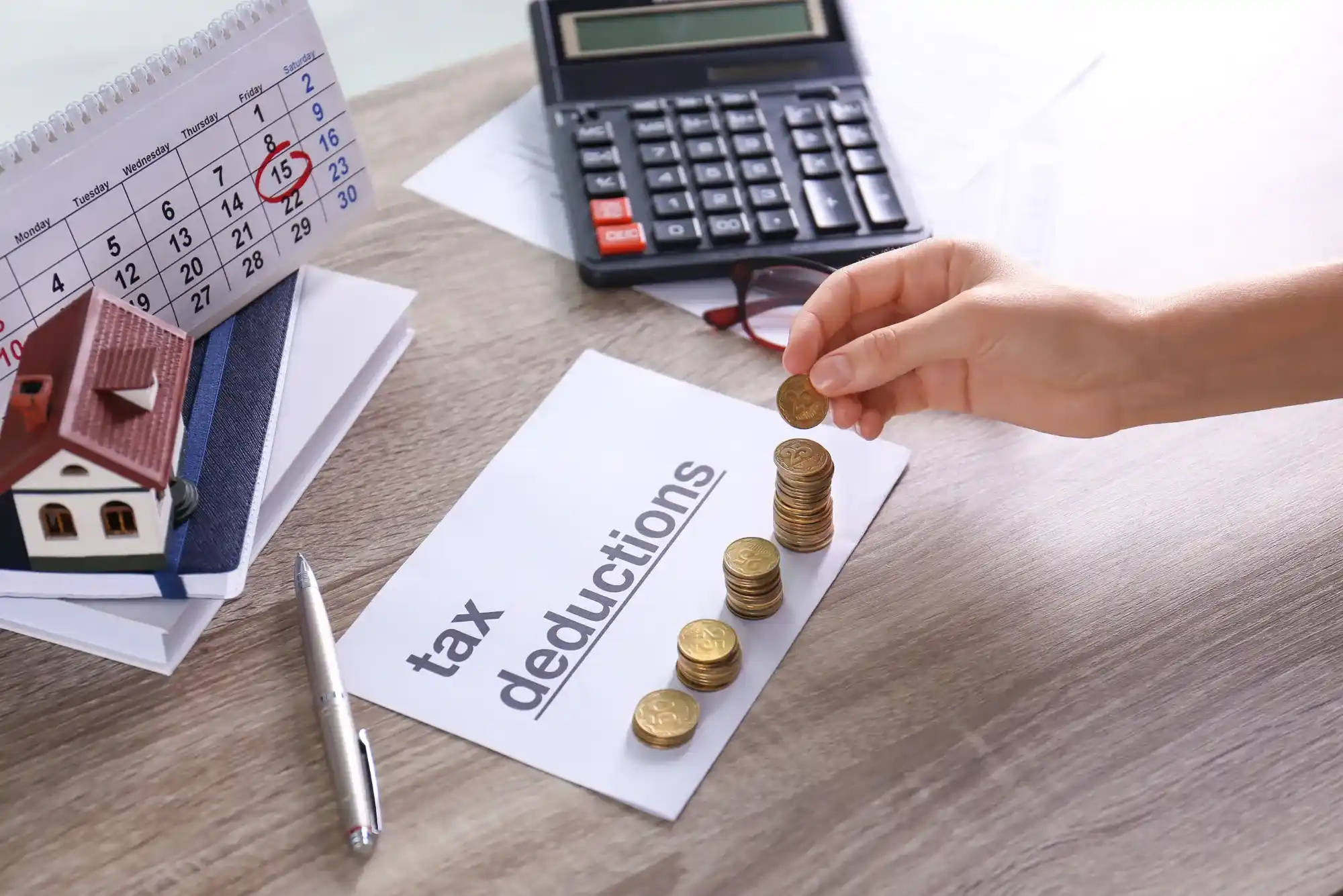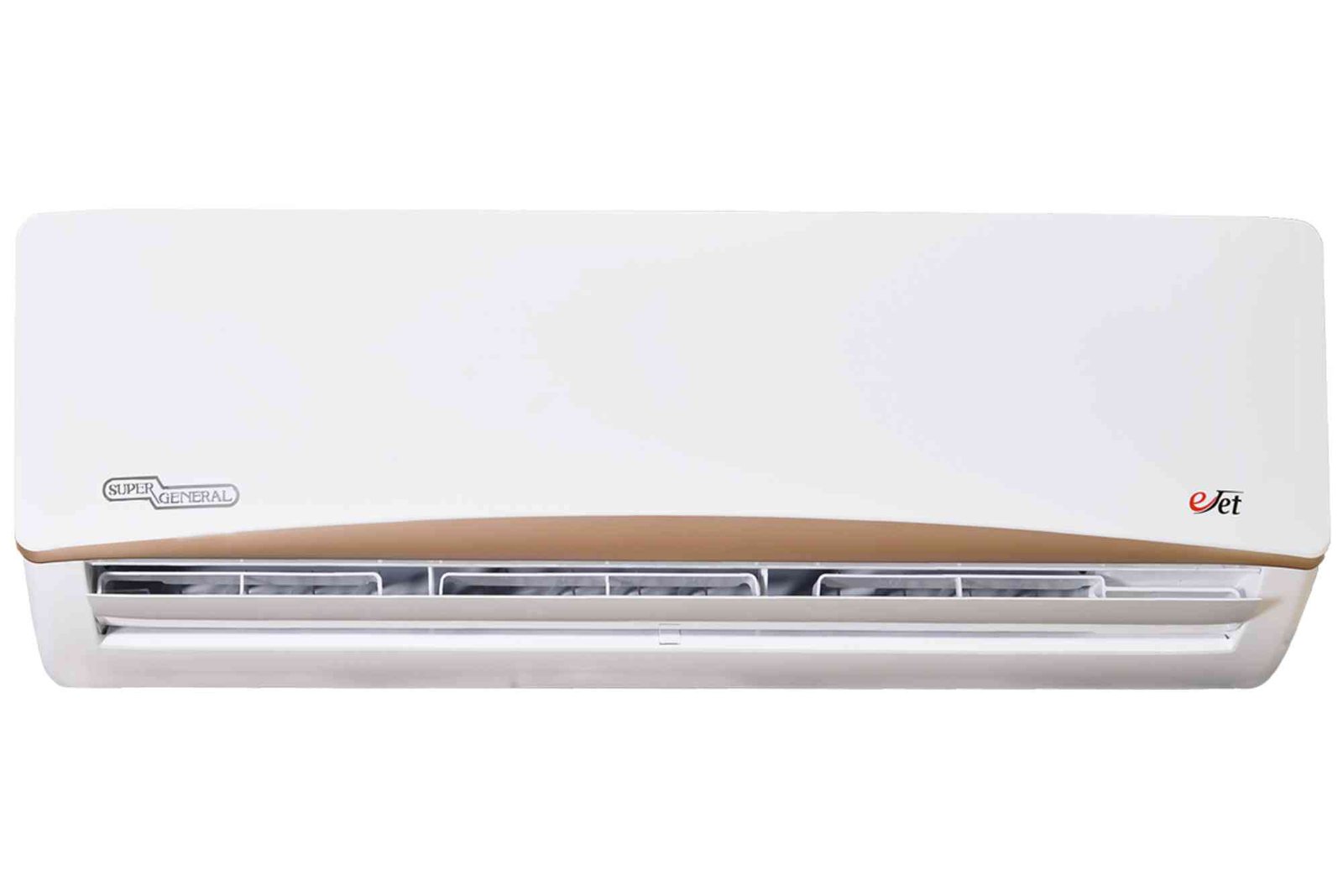For many homeowners, understanding the tax implications of mortgage payments is a crucial part of the home-buying process. One common question is whether mortgage payments are tax-deductible. While the specifics can vary depending on your location and financial situation, mortgage payments can have tax advantages in some circumstances. In this article, we’ll explore how mortgage payments can be treated for tax purposes, and how products like the al fuad exchange rate and emirates nbd mortgage can influence your financial planning and transactions.
The Basics of Mortgage Payments and Tax Deductions
1. What Can Be Deducted?
In many countries, the interest paid on a mortgage loan can be tax-deductible. This is a significant tax benefit for homeowners because mortgage interest can be one of the largest expenses in the early years of homeownership. In the U.S., for example, homeowners can deduct mortgage interest on loans up to a certain limit, which can lead to substantial tax savings. However, it’s important to note that the principal portion of your mortgage payment is not tax-deductible.
The specific tax benefits related to mortgages may vary by country and your tax filing status. The following items are typically eligible for deductions:
- Mortgage Interest: Interest paid on your mortgage loan may be deductible.
- Property Taxes: In many places, property taxes are also deductible.
- Mortgage Insurance: If you pay for private mortgage insurance (PMI) or similar insurance, it might be deductible depending on the circumstances.
It’s important to consult with a tax professional to understand exactly what you can deduct based on your location and situation.
2. Tax Deductions and Loan Amount Limits
For mortgage interest to be deductible, there are often limits on the amount of the loan. For instance, in the United States, you can typically deduct the interest on a loan amount up to $750,000 for a primary or secondary home, though this limit may vary depending on changes in tax laws. Higher loan amounts may not provide as many tax benefits, and understanding these limits is crucial when planning your mortgage.
Al Fuad Exchange Rate
For international homebuyers or individuals making cross-border mortgage-related payments, understanding the al fuad exchange rate is essential. If you’re purchasing property in another country or dealing with international transactions, the exchange rate can significantly impact the cost of your mortgage payments.
Changes in the al fuad exchange rate could mean that you pay more or less for your mortgage, depending on the fluctuations of the local currency. Having a clear understanding of how exchange rates work and tracking the al fuad exchange rate will help you plan your payments and reduce the risk of paying more than necessary due to unfavorable exchange rate shifts.
Mortgage Interest Deductions and Other Considerations
1. Tax Deductions for Refinanced Mortgages
If you refinance your mortgage, you may still be eligible for deductions on your mortgage interest. Refinancing allows you to restructure your existing loan, typically to lower your interest rate, but the interest on the new loan may still be deductible if it meets specific requirements.
However, refinancing may have tax implications, such as changes in deductible amounts or the need to adjust your home’s basis for capital gains tax calculations in the future. Be sure to consult a tax professional to ensure that any refinancing does not negatively impact your tax situation.
2. Impact of Tax Law Changes
It’s also important to consider how changes in tax laws may affect your mortgage interest deductions. Tax laws can change frequently, and recent reforms in some countries may have reduced or eliminated certain mortgage interest deductions for high-income earners or those with larger loans. Keeping up to date with tax law changes and seeking professional advice will help you understand how any new legislation may impact your mortgage payments and deductions.
3. Mortgage and Property Tax Deductions in Other Countries
While mortgage interest and property taxes may be deductible in some countries, the rules can vary significantly depending on where you live. For instance, in the U.K., there are limited tax benefits for mortgage interest payments, while in Canada, mortgage interest is generally not deductible for owner-occupied properties.
Emirates NBD Mortgage
If you are in the market for a mortgage, understanding the financial products available to you is crucial. The emirates nbd mortgage is one of the leading mortgage options available in the UAE. Whether you are a first-time homebuyer or refinancing an existing property, emirates nbd mortgage offers competitive interest rates and flexible repayment terms to suit your needs.
Understanding how mortgage products like the emirates nbd mortgage work can help you plan for potential tax deductions, as the interest on your mortgage may be eligible for tax relief depending on your country’s rules. By securing the right mortgage, you can make the most of your homeownership investment and manage your financial commitments more effectively.
How to Maximize Your Mortgage Tax Benefits
While the primary tax benefit of owning a home is the ability to deduct mortgage interest, there are several ways you can maximize these benefits to ensure that you’re getting the most out of your investment:
1. Itemizing Deductions
To take advantage of mortgage interest deductions, you typically need to itemize your deductions on your tax return rather than taking the standard deduction. This means you will need to track all your eligible expenses, including mortgage interest, property taxes, and other qualifying expenses, to ensure that itemizing will provide a greater tax benefit than taking the standard deduction.
2. Tracking and Documenting Expenses
Keep thorough records of your mortgage interest payments, property tax payments, and other expenses related to your home. This will make it easier when it comes time to file your taxes and ensure that you don’t miss out on any available deductions.
3. Using Mortgage Insurance Deductions
If you’re paying for mortgage insurance, this may also be deductible under certain conditions. Check with your lender to understand whether your mortgage insurance is tax-deductible, and keep records of your payments.
Conclusion
Understanding the tax implications of your mortgage is essential for maximizing your financial benefits as a homeowner. While mortgage payments themselves are not tax-deductible, mortgage interest and certain other expenses may be, depending on your local tax laws. Additionally, understanding how financial tools like the HSBC Select credit card and Emirates NBD mortgage work can help you navigate your financial commitments more effectively, especially when it comes to managing mortgage payments and related expenses.
Stay informed about tax laws, track your expenses, and seek professional advice to make the most of your mortgage interest deductions and other financial opportunities as a homeowner.




